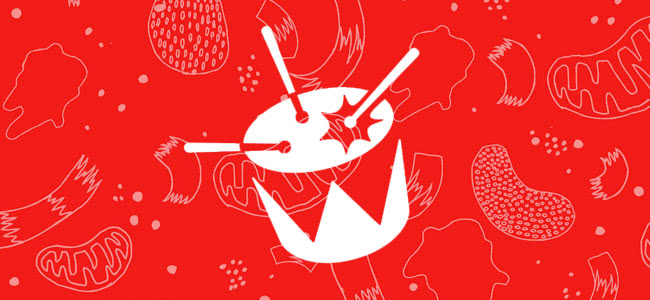Aussie music lovers have long had an affinity for triple j, in fact, the sheer long-standing popularity of their annual Hottest 100 poll is a clear indication of that. However, for some reason, triple j’s once-loyal listeners are now tuning out.
triple j have been on the air for close to 42 years now, and its immense popularity has just grown and grown over time, becoming known as Australia’s preeminent youth-oriented radio station. But recent survey figures show that more and more listeners are making the switch to other stations.
As we reported back in August following the fifth radio ratings survey for 2016, Gold FM was becoming the station of choice for Australia’s youth market, in Melbourne at least; an audience that is usually not associated with music of Gold’s calibre. But now according to Radio Today, the seventh radio ratings survey for the year shows that there is still a relatively steady decrease in triple j’s listeners around Australia.
If we are to compare this year’s radio results from those released at the end of last year, we can see further evidence of a steady decline, as triple j’s most lucrative age-group – the 18-24 range – saw a drop in almost every capital city. While Perth saw a drop from 29.7 points (their highest rating city) to 27 points, others like Melbourne, saw a drop from 14.4 to 12.6.
However, the news isn’t terrible across the board. Adelaide has seen a steady improvement for triple j listeners, as they went from a moderate 15.2 points at the end of 2015, to an increase of almost 20%, reaching 20.2 this year. Despite relatively moderate decreases of 1-2 points on average in each major city for each of the age groups, both Adelaide and Perth saw increases for triple j’s listener share in the 18-24 age group, with an increase of 7.7 and 2.7 respectively.
Looking at the broad picture, the question remains: Why are the younger generation choosing to switch from triple j’s tried and true formula for radio, and switching to stations such as Gold FM or even thoroughly commercial broadcasters like KIIS, NOVA, and Fox FM?
With triple j’s recent announcement that long-time hosts Matt Okine & Alex Dyson are leaving, does that also mean that once-loyal listeners could be leaving with then? What will the first radio survey of next year look like once triple j implement their new radio hosts? Will a new change bring in fresh listeners, or will this be the final straw, and be the impetus for a mass exodus of triple j listeners? We can only wait and see.
Ultimately, despite any criticisms that may levelled against triple j, it flies the flag for local music more than any other station of its size and scope, carrying a burden not felt by its commercial competitors. A decline in triple j’s audience translates to Australian music reaching fewer ears, and that’s not the direction any of us want to see the industry traveling in, so we’re hoping as much as anybody that triple j can maintain a strong foothold and continue one of the biggest conduits for local musicians.




































